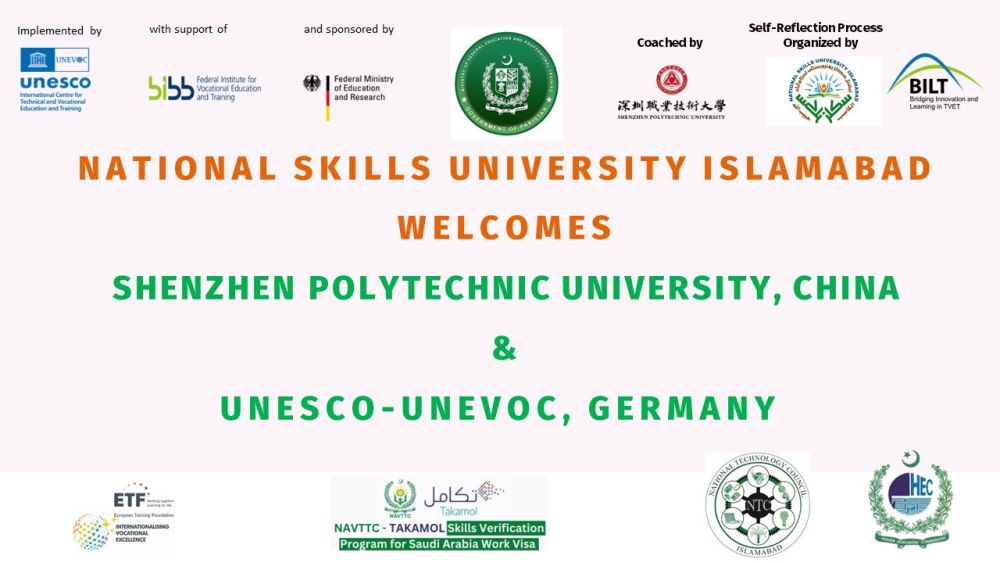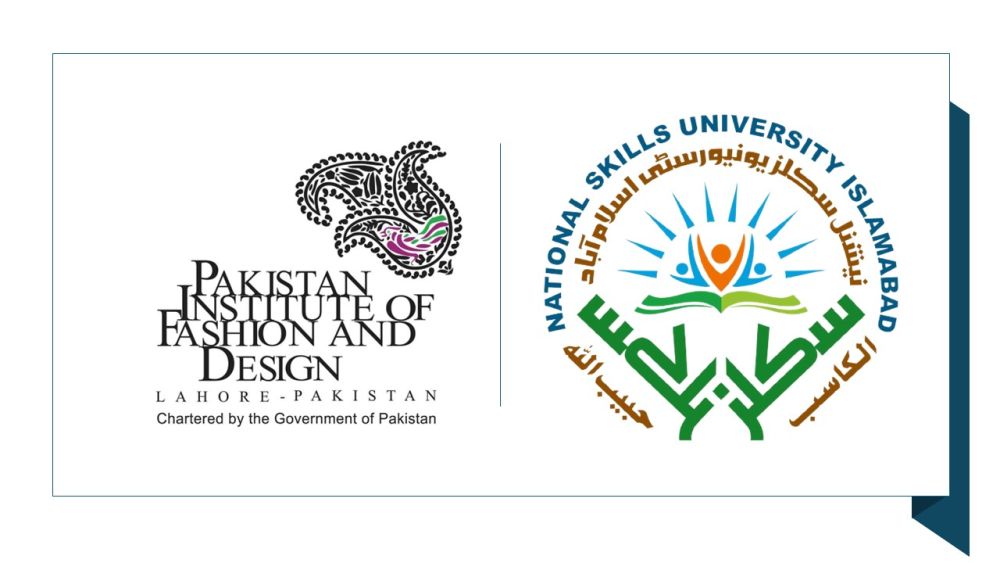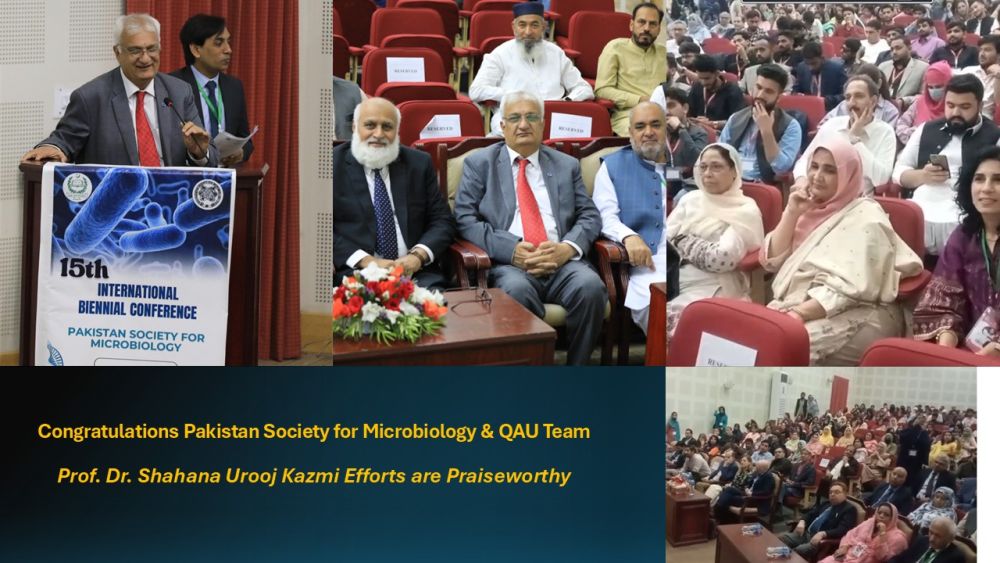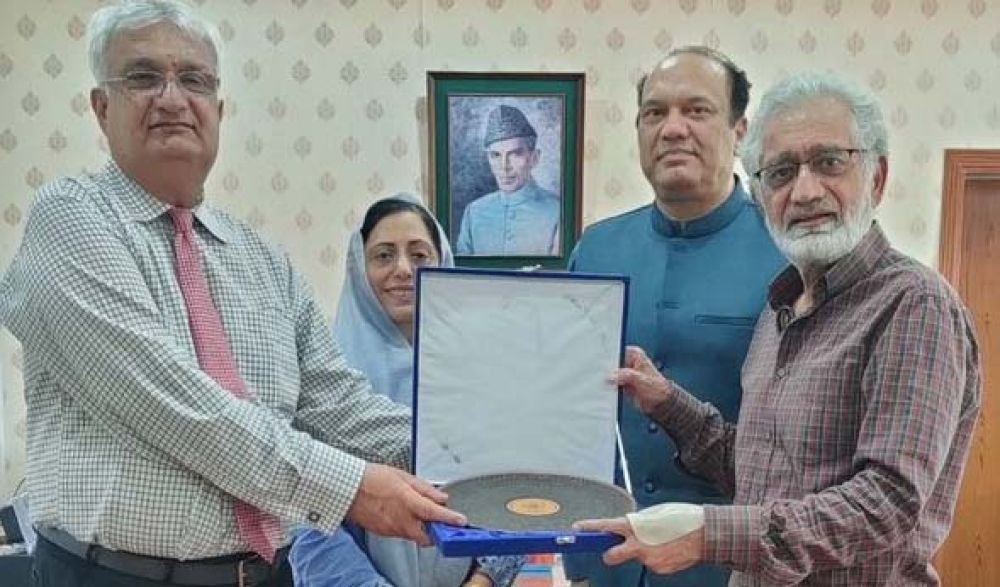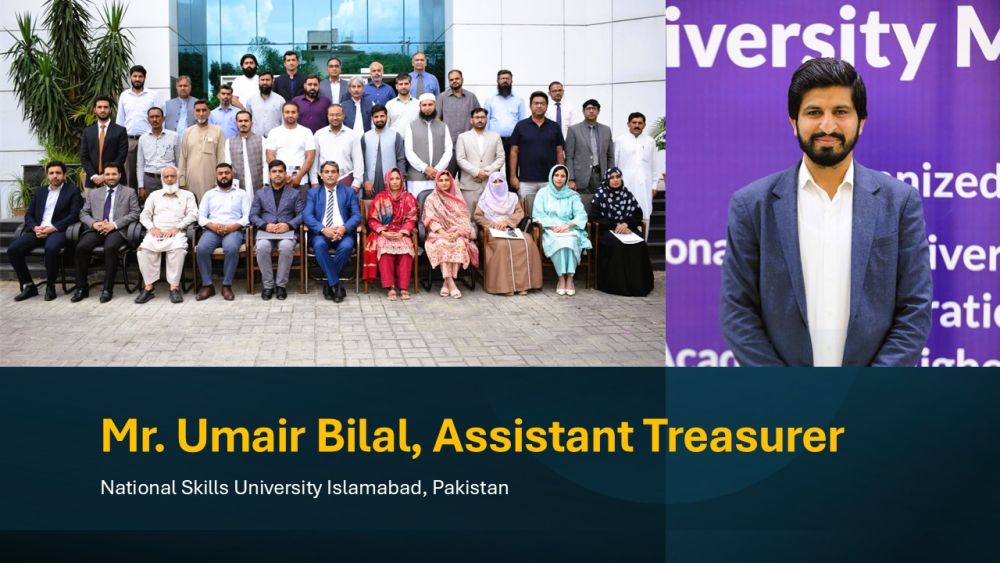37/25 What is the Women Empowerment Mentoring Program Launched by the HEC?
Posted 11 months ago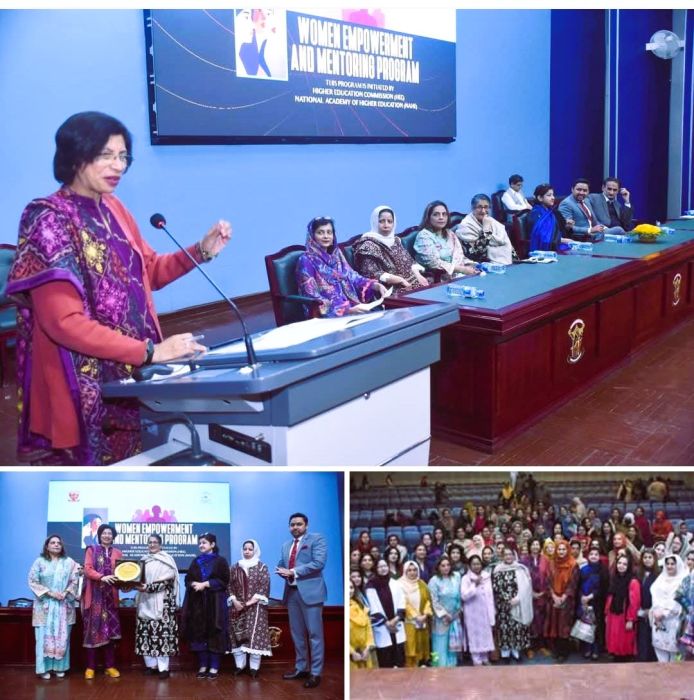
To foster gender equity in higher education, the Higher Education Commission (HEC) launched its first regional event, the Women Empowerment Mentoring Program at Lahore College for Women University (LCWU). This initiative aims to cultivate leadership among women in academia and drew participants from Kinnaird College for Women University, the University of Home Economics Lahore, and Fatima Jinnah Medical University. The Vice Chancellor of the LCWU, Prof. Dr. Uzma Qureshi, described this program as highly useful in training women for their leadership responsibilities and professional contributions. She also distributed certificates and souvenirs among the participants of this training program.
Dr. Noor Amna Malik, Managing Director of the National Academy of Higher Education (NAHE), emphasized the program's potential to shape future leaders. "Women's empowerment is not just about representation; it is about supporting them with the mentorship and tools necessary to drive meaningful change in academia and beyond," she remarked.
Like many other countries, Pakistan has steadily increased women's participation in higher education leadership. Although women constitute nearly 50 percent of the student body in several universities, their presence in administrative and executive roles remains limited. Programs like these serve as critical interventions, challenging entrenched biases and opening pathways for the next generation of female scholars and administrators.
The HEC's initiative comes when global conversations around diversity and inclusion in academia are gaining momentum. Across South Asia, women continue to navigate structural barriers, from gender pay gaps to limited access to research funding. Mentorship programs tailored specifically for women can play a pivotal role in dismantling these obstacles.
This event is just the beginning. Similar regional engagements will be organized in collaboration with other universities under the program, ensuring that the momentum for women's empowerment continues to grow. If Pakistan's higher education sector is to remain competitive and forward-thinking, it must recognize and cultivate women's full potential in academia.
True progress will not come from isolated events but from sustained institutional commitment. As these initiatives expand, the hope is that they will support individual women and help reshape the leadership landscape of Pakistan's universities for generations to come.

